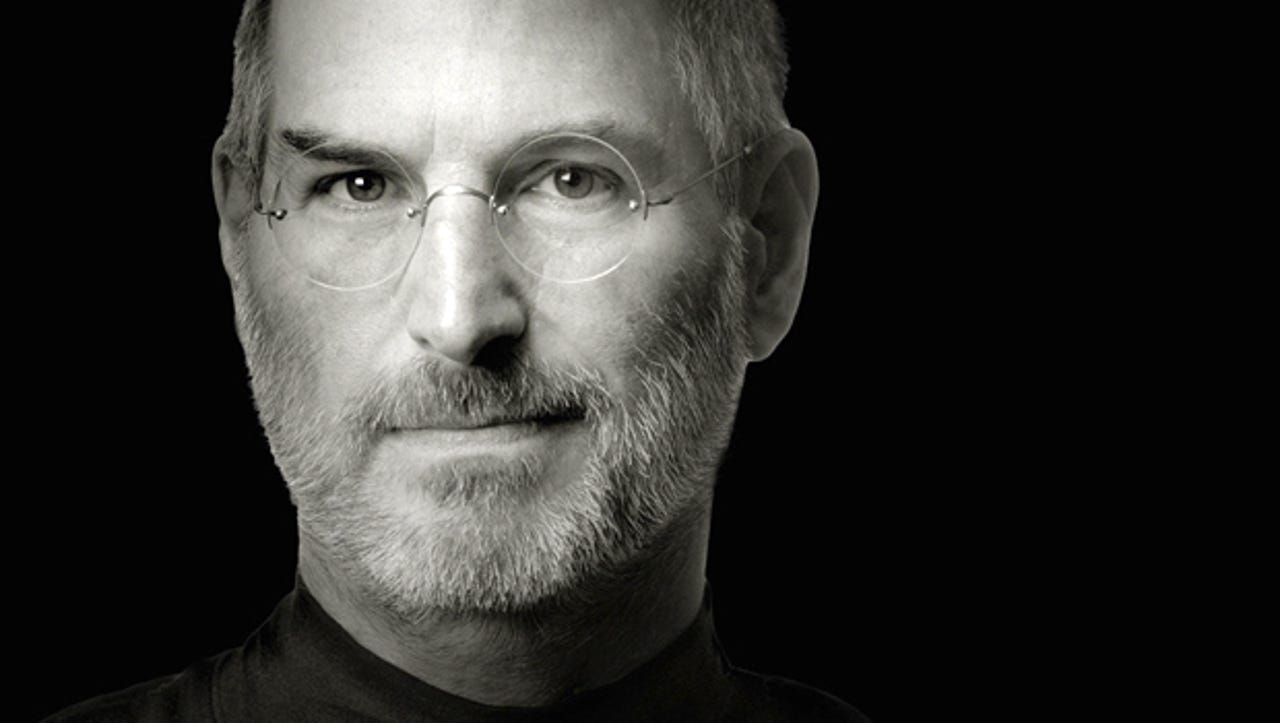Pondering Apple in a post-Jobs world


Before all of you start sending nastygrams my way about how tasteless and premature this blog post is, let me just say upfront I agonized about whether or not it should even be written in the first place, and my industry colleagues I consulted about it told me that the topic, while uncomfortable, is fair game.
Steve Jobs is still CEO of Apple, and he's still alive, and unofficially Dictator for Life. But I am definitely not alone and hardly an original thinker among many who are pondering about how long he might be able to remain in an active role at the company.
I'm not going to theorize on whether or not Jobs' pancreatic cancer has returned, is having a prolonged recovery from his Whipple procedure, or whether Apple is hiding the real truth of the situation, as many have suggested.
Rather, I think some consideration should be taken as to whether or not Apple has formed an effective transition strategy, and has adequately prepared for the worst case scenario. What does Apple look like without Jobs?
Companies that are centered around iconic founders and which cannot form effective long-term transition and mission strategies after they depart are doomed to suffer serious consequences.
Case in point — from May of 1985 to late 1996, Jobs lived out his exile at NeXT and Pixar, only to return as Apple’s savior after over a decade of being completely rudderless and on the brink of oblivion.
The industry is littered with examples of poor transition management.
Microsoft itself seemed to have hit a major bump in the road in vision and mission when Bill Gates decided to spend more time on his personal projects rather than be involved in day to day matters of the company -- a road bump that it seems to still not have recovered from given the train wreck that is Windows Vista.
Although, it could be said that Steve Ballmer had been groomed for the position since the day the company was founded.
Michael Dell had to be brought back in to turn his company around after watching its market share deteriorate after three years of stewardship under Kevin Rollins. And who could forget how Palm Computing went completely, irretrievably south after Donna Dubinsky and Jeff Hawkins made the break. While Donna still serves on the board of directors, Palm hasn't seen its glory days in a long time.
The tech industry isn't the only one to be affected by founder exodus transition mismanagement syndrome. Harley-Davidson went through years of deterioration and shipping poor products after being purchased by AMF in 1969 when the original founders left and only rebounded when 13 employees made a concerted effort to save the company and buy it back in 1981.
It could also be said after Walt died in 1966, Disney went through an extremely difficult period in its core animated film business, for as much as two decades until Eisner revitalized the company.
If Jobs were to abdicate, would Apple indeed become rudderless again? Or has he installed a church of his own followers that would continue on in the same tradition and ideology? Is there a "Book of Jobs" somewhere in a pile of Word for Mac files or PDFs that contain the ideological canon of what comprises the essence of Apple?
Is enough institutional knowledge and Jobs's teachings documented and retained among the management staff? Only Steve Jobs can answer that question for sure.
Certainly, a number of the "inmates" that formed the NeXT "asylum" that reconstructed the company after the long decline during the Sculley, Spindler and Amelio years still remain, but some key folks are missing -- notably Avie Tevanian, Jobs' long time #2 and head of software engineering, who went off to join the board of Tellme Networks in 2006.
Tim Cook, a former career IBMer, briefly filled the role of CEO when Jobs had his cancer treatment in 2004, but whether he has the institutional vision to run the company long term should Jobs have to leave Apple is a question only Jobs can answer.
Only Bertrand Serlet, who succeeded Avie Tevanian as Chief of Software Engineering, and Sina Tamaddon are the two remaining legacy NeXTers serving as senior company officers. Whether either of these two they have the exact combination of talents to be CEO material of a multi-billion dollar corporation and the executors of Job's legacy is uncertain.
Leadership isn't the only thing that might have to change if Jobs leaves Apple -- or God forbid, this world. Failure to adapt to market realities and holding Jobs' principles up on a pedestal could cause the company serious problems as well.
It's no secret that what is holding Apple back from finally cutting the cord from its hardware and allowing mass-licensing of OS X on generic X86 hardware is Jobs himself.
Getting iPhone out to other competing carriers besides AT&T may also be possible after Jobs and his tradition of proprietary exclusiveness becomes a thing of the past.
And while it pains me to say it, despite all Jobs has meant for the company in terms of its establishing market vision and external sex appeal -- his unique brand of slick hucksterism that comprises its current success formula, leaving these traditions behind may be the only way Apple will ever realize the maximum of its true potential.
Who do you feel and what principles should guide a post-Jobs Apple? Talk Back and let me know.